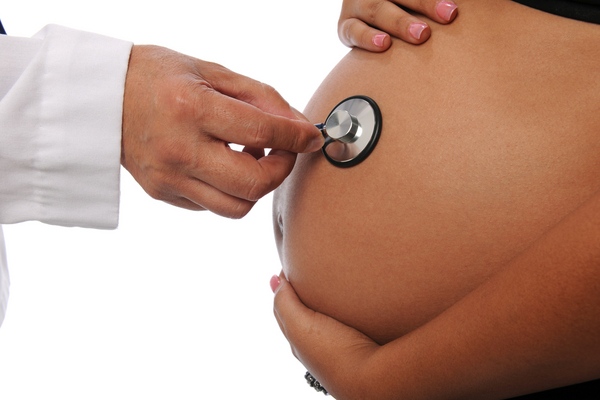C-Sections May Not Provide the Brain Benefits of Vaginal Birth

Being born by Ceasarian section may have a lasting effect on the brain, at least in mice, according to a new study.
In the study, mice born by a vaginal birth produced a brain protein called UCP2, which is important for the development of the hippocampus, a brain area responsible for short- and long-term memory.
However, in mice born by C-section, production of UCP2 was impaired, and these mice had less of this protein in their brains compared to vaginally-born mice, said study researcher Tamas Horvath, chair of the department of comparative medicine at Yale School of Medicine.
The researchers also found that in mice that were engineered to not produce any UCP2, the number and size of nerve cells in the hippocampus was reduced, as was the number of connections between nerve cells. When these mice grew up, they had impaired performance in a maze test designed to measure their memory and cognition.
The results show how important this protein is in the development of the brain and behavior, Horvath said. "The increasing prevalence of C-sections, driven by convenience rather than medical necessity, may have a previously unsuspected lasting effect on brain development and function in humans as well," he said.
However, Horvath emphasized, much more work is needed before we know whether the findings apply to people. Even if C-sections do affect UCP2 production in human brains, the types of behavior changes seen in people may be different than those seen in mice, Horvath said.
Studies in people could follow participants over time to look for differences in learning and memory in those born by C-section, compared with those born vaginally, Horvath said.
Sign up for the Live Science daily newsletter now
Get the world’s most fascinating discoveries delivered straight to your inbox.
Previous studies have found babies born by C-section are at increased risk for childhood obesity.
Horvath and colleagues have been studying UCP2 for many years, and stumbled upon the C-section finding by chance.
Normally, UCP2 production is triggered by stress, and the protein is thought to help cells survive in stressful environments. It's possible the physical stress of passing through the birth canal triggers UCP2 in newborns, Horvath said.
The protein also helps cells metabolize fat, a key component of breast milk. Horvath and colleagues speculate that the protein may help babies transition to breastfeeding.
The study is published in the August issue of the journal PLoS ONE.
Pass it on: Future research should look at the effect of C-sections on human brains, as studies in mice suggest natural birth may be needed to trigger production of a critical brain protein.
This story was provided by MyHealthNewsDaily, a sister site to LiveScience. Follow Rachael Rettner on Twitter @RachaelRettner,or MyHealthNewsDaily @MyHealth_MHND. We're also on Facebook & Google+.

Rachael is a Live Science contributor, and was a former channel editor and senior writer for Live Science between 2010 and 2022. She has a master's degree in journalism from New York University's Science, Health and Environmental Reporting Program. She also holds a B.S. in molecular biology and an M.S. in biology from the University of California, San Diego. Her work has appeared in Scienceline, The Washington Post and Scientific American.
Is getting an IUD painful?
'Useless' female organ discovered over a century ago may actually support ovaries, study finds









